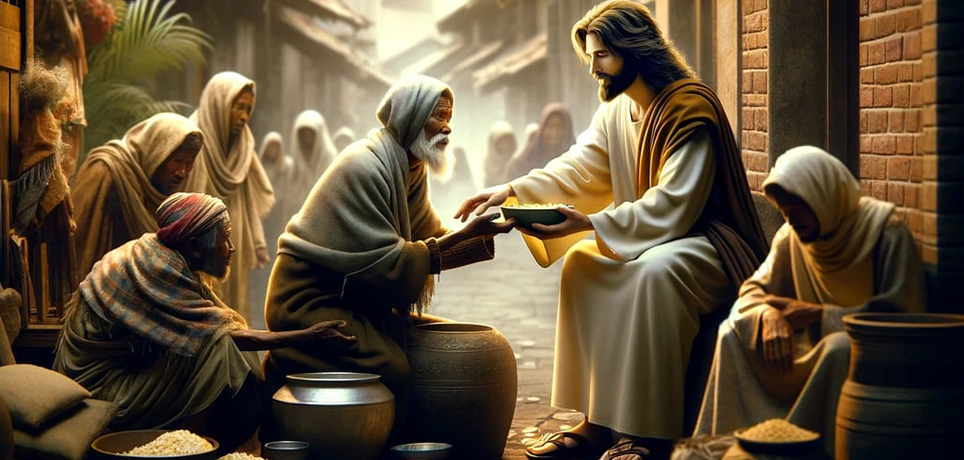
This study guide examines the third chapter of Neum, the Oracle, through the lens of Kabbalah, seeking to uncover mystical teachings and spiritual truths embedded in the text. The guide includes key Kabbalistic themes, general reflection questions, and specific questions for deeper exploration, as well as activities for application and personal growth.
Key Kabbalistic Themes in the Text
The Nature of YHVH and Divine Unity (En Sof)
Kabbalistic thought emphasizes the unity and omnipresence of the Divine. The Oracle repeatedly affirms that YHVH is the one true Creator, the source of all life and existence, which parallels the Kabbalistic concept of the En Sof, the Infinite Divine from which everything emanates.
Creation and the Divine Will
The Oracle speaks of how YHVH created all things, from the earth to the breath of life in Adam. This aligns with Kabbalistic teachings about Shefa (divine flow) that sustains creation.
The Role of the Soul and the Body (Nefesh, Ruach, Neshamah)
Neum contrasts the mortal body with the eternal divine spirit. This reflects Kabbalistic ideas about the different aspects of the soul: Nefesh (the lower soul, connected to the body), Ruach (the emotional and intellectual soul), and Neshamah (the higher, divine soul).
The Power of Light and Darkness (Or and Choshech)
Light and darkness are recurrent motifs in Kabbalah, symbolizing spiritual illumination and ignorance or evil. The Oracle calls people out of darkness to the light of YHVH, a direct parallel to the Kabbalistic journey from Choshech (spiritual darkness) to Or (divine light).
The Divine Feminine and the Shekinah
While not explicitly stated, the Oracle embodies aspects of the Shekinah, the Divine Feminine or Presence of God. She speaks of the divine light (the Light of Christ), urging a return to the straight path and revealing the mysteries of creation, similar to how the Shekinah illuminates spiritual wisdom.
Idolatry and False Gods (Avodah Zarah)
Kabbalistic thought often warns against the creation of false idols or focusing on materialistic, fleeting pursuits. Neum condemns idolatry and calls for a return to the worship of YHVH alone, aligning with the Kabbalistic principle of focusing on the Yichud (unification) of the divine.
The Cosmic Struggle: Good and Evil
Neum speaks of the battle between light and darkness, righteousness and evil. In Kabbalah, this struggle is seen as the tension between Kedushah (holiness) and Tumah (impurity), with the ultimate aim of restoring balance and drawing the world closer to its divine origin.
General Reflection Questions
1. Divine Unity and the Nature of YHVH
- How does the Oracle’s depiction of YHVH as the Creator of all things align with the Kabbalistic concept of En Sof (the Infinite)?
- In what ways can you recognize the unity of the Divine in your daily life? How does this understanding shift your perspective on existence?
2. Creation as an Act of Divine Will
- The Oracle speaks of YHVH bringing all things into existence with a command. How does this relate to the Kabbalistic teachings on the Shefa (divine flow)?
- How do you see the act of creation as an ongoing process of divine energy continually emanating into the world?
3. The Body and the Soul
- The Oracle contrasts the fleeting nature of the body with the eternal breath of YHVH. How does Kabbalah view the relationship between the Nefesh (the soul’s connection to the body) and the Neshamah (the higher, divine soul)?
- How can you better align your physical and spiritual life, as Neum urges, to live in accordance with divine light?
4. The Call from Darkness to Light
- Neum calls the people to leave their darkness and take hold of the divine light. How does Kabbalah interpret the movement from Choshech (spiritual darkness) to Or (divine light)?
- What areas of your life could benefit from moving out of darkness and into greater illumination?
5. The Danger of Idolatry and False Gods
- The Oracle condemns the worship of false gods and material idols. In Kabbalistic terms, what does idolatry represent spiritually?
- How can you examine your life for areas where you may have unknowingly placed value on material or transient things over the eternal truth of YHVH?
6. The Role of Prophecy in Revealing Divine Wisdom
- Neum describes her role in revealing divine wisdom and prophecy. How does Kabbalah view the role of the prophet or the mystic in revealing divine truth?
- In what ways might you open yourself to receive spiritual insights, as Neum does?